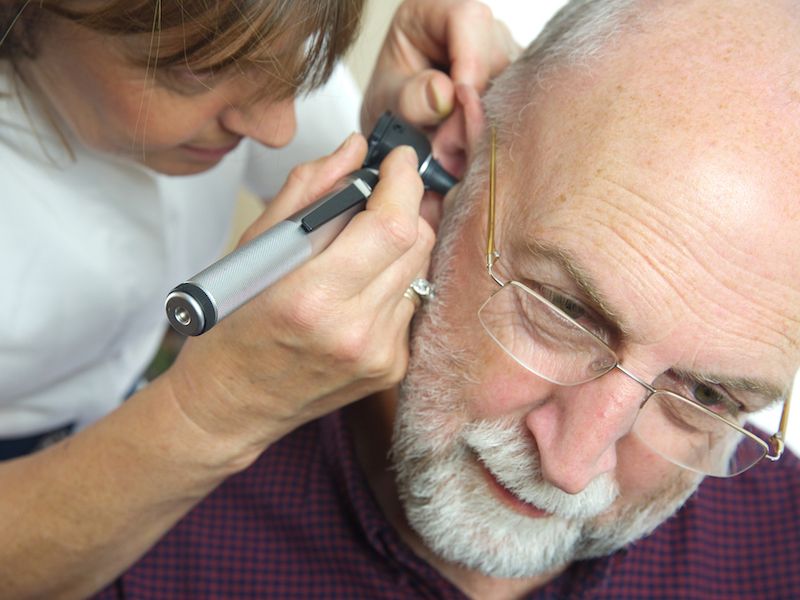
You continue to consult with the eye doctor once a year if you have glasses, right? That’s because your eyes can change with time. As a matter of fact, nothing in your body is static, not your eyes and not, the reality is, your ears aren’t either. That’s the reason why even after you purchase hearing aids, you have to keep getting your ears tested just as you do with your eyes.
Unfortunately, many people miss those regular checkups. Maybe they’ve been too busy enjoying their lives to get back in to see their hearing specialist. Or maybe lately, work has been difficult. Or it’s possible you’ve just been so happy with your hearing aids that you haven’t needed to go back in. You would normally think of that as a good thing.
For the majority of individuals with hearing impairment, even one follow-up consultation becomes almost more important over time. Even in the face of that, regular care is often neglected. According to one survey, only 33% of seniors with hearing aids also used regular hearing services.
After You Have Hearing Aids, Why Should You Require to Get Normal Checkups?
Your hearing is not static. Over time it changes. It’s significant to modify the hearing aids to resolve those changes. Concerns can be discovered early and your hearing aids can be tweaked accordingly.
And this is not even the only reason why it may be a good idea to maintain normal checkups with a hearing specialist once you start wearing your hearing aids. Here are various reasons why you really should show up for your hearing examinations:
- Hearing decline: Even with a hearing aid, your hearing might continue to deteriorate. If this degeneration is slow enough, you most likely won’t recognize it’s happening without the assistance of a hearing assessment. Hearing decline can often be slowed with appropriate alterations to your hearing aids.
- Hearing aid calibration: Even though your overall hearing health could continue to be stable, small differences in your hearing could produce the need for annual calibration of your hearing aid. Your hearing aids could gradually become less efficient if you don’t get this kind of calibration.
As well as tracking changes in your hearing, it’s important to occasionally get an expert cleaning. We can clean all the small parts and keep your hearing in peak conditions and make sure it’s working at peak performance.
The Risk of Not Following up With Routine Exams
The primary worry, here, is that eventually, the hearing aids will quit functioning the way they’re intended to, so you’ll get aggravated with them and stop wearing them altogether. Hearing aids make your all-around health better and also, needless to say, makes your hearing better. You might not recognize it right away, but your hearing may deteriorate quicker if you stop wearing your hearing aids. Increased danger of hearing accidents, as well as mental decline, have been attached to hearing loss.
If you want your hearing aids to keep working at an optimal level, frequent checkups are going to be your best choice when it comes to achieving that. Yearly hearing exams or screenings can help you make sure your hearing aids are working in the way they should and that your hearing remains protected. So call now to schedule an appointment.